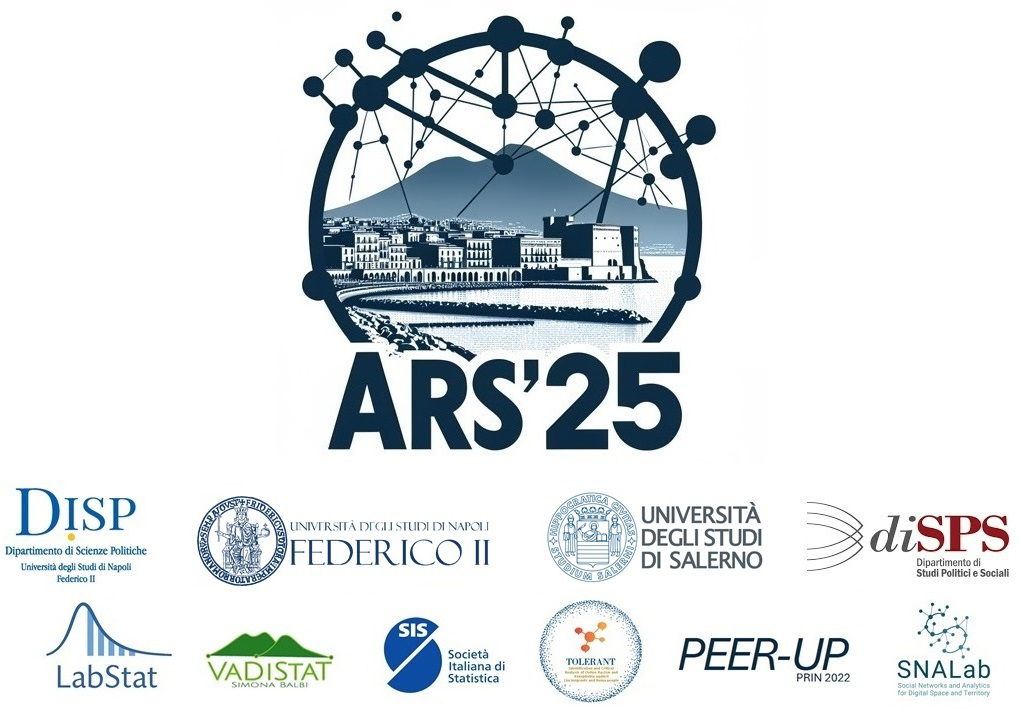Speaker
Description
This study explores how mahallas – traditional neighborhood organizations in Uzbekistan – mediate community interventions through dense webs of social relationships shaped by cultural norms. By combining social network analysis (SNA) with ethnographic fieldwork in two urban mahallas, the research investigates how everyday practices such as hashar (collective labor) and targeted resource distribution operate as culturally grounded, naturally occurring network-based interventions.
The findings show that social cohesion, moral legitimacy, and embedded trust are central to understanding how interventions unfold and which actors become influential. While structural metrics such as degree and betweenness centrality identify key positions within the network, the ability of individuals to mobilize support or distribute aid effectively depends on culturally specific notions of authority, such as halollik (honesty), uyat (social shame), and birlik (unity). The study reveals that mahalla-based networks are not neutral delivery channels but culturally saturated systems where interventions are interpreted, adapted, and contested. Interventions that align with community values and provide opportunities for inclusive participation, such as participatory clean-up campaigns, can activate new ties, strengthen peripheral actors, and foster more equitable forms of engagement. In contrast, top-down or culturally disconnected efforts may reinforce exclusion or have limited relational impact.
This research contributes to expanding the conceptual scope of network-based interventions by illustrating how informal, community-initiated actions can produce structural and symbolic change. It also offers methodological insights into integrating network metrics with qualitative data to capture the cultural logics that animate relational life. The findings underscore the importance of designing SNA-informed interventions that are not only structurally sound but also culturally resonant, particularly in settings where governance is deeply embedded in social norms and moral expectations.
Keywords/Topics
network-based intervention
culturally embedded governance
informal networks
social cohesion

